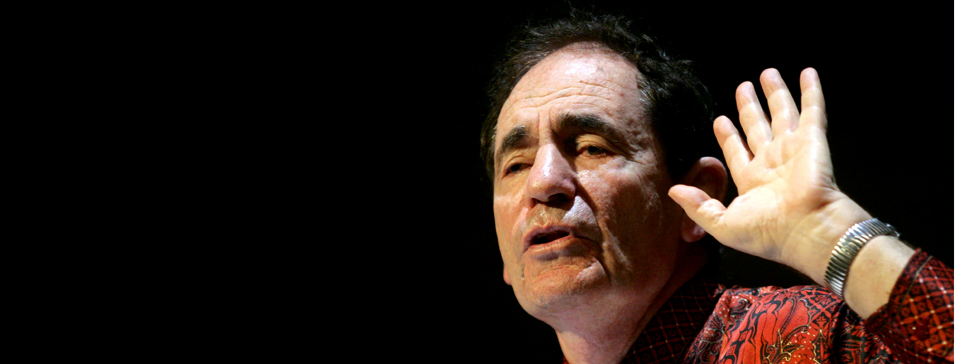Private screening of Soft Vengeance: Albie Sachs and the New South Africa by Abby Ginzberg

Soft Vengeance: Albie Sachs and the New South Africa, a film by Abby Ginzberg, was recently screened at the Odeion. The film is based on the life of Albie Sachs as lawyer, political activist, writer and art lover.
Judge Sachs’ career in human rights activism started while studying law at the University of Cape Town. In 1955 he attended the Congress of the People at Kliptown where the Freedom Charter was adopted. At age 23 he started to practice as an advocate at the Cape Town Bar and defended people charged under the racial statutes and security laws of apartheid.
The film captures his tough life experiences, ranging from political imprisonment and torture, life in exile, to being a judge in the Constitutional Court and his ability to communicate human dimensions about legal matters. This same quality is highlighted in his judicial opinions on topics such as capital punishment, the rights of homeless people and same-sex marriages.
The screening of the film was hosted by the Vice-Chancellor and Rector, Prof Jonathan Jansen, with the Institute for Reconciliation and Social Justice and the Archive for Contemporary Affairs.
Judge Albie Sachs attended the screening and was be available to answer questions afterwards.
For more information, contact the Archive for Contemporary Affairs: Mrs Huibre Lombaard huibre@ufs.ac.za or Mrs Ernene Verster ernene@ufs.ac.za.